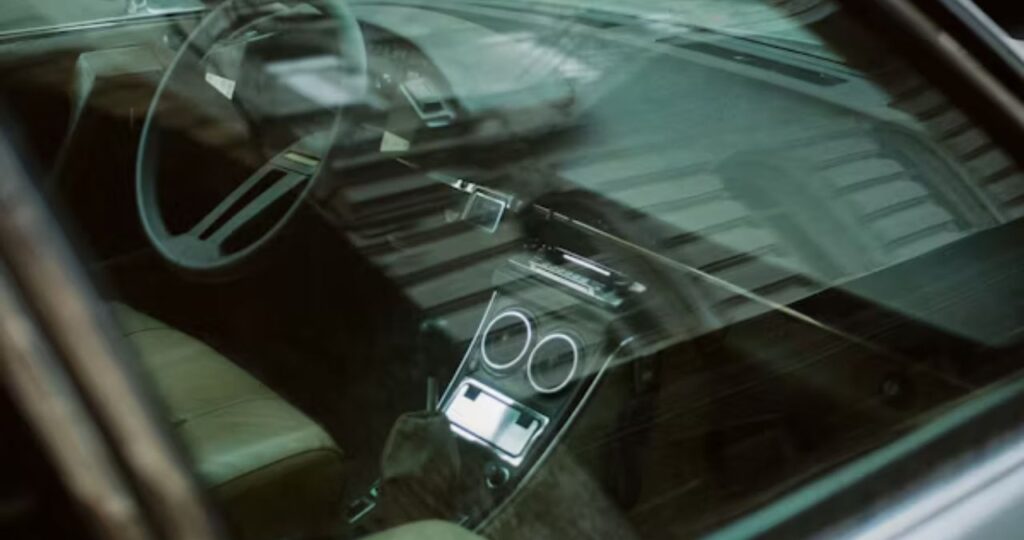Introduction
Smart car key technology has fundamentally altered how we interact with our vehicles, streamlining access, upgrading security, and boosting personalization for drivers everywhere. The days of struggling with old-fashioned metal keys are fast becoming a relic of the past, replaced by sophisticated systems that enhance every journey. If you ever need help with car key replacement, auto keys Orlando providers offer custom solutions for modern vehicles, ensuring drivers benefit from the latest advancements in key technology.
Aside from boosting convenience, today’s smart keys are setting new standards for driver security and experience. These high-tech tools blend wireless innovation, advanced encryption, and personalized settings features that have become crucial to the modern driving lifestyle. Understanding the evolution of smart keys and their impact is key for anyone considering recent vehicle models or simply looking to keep up with automotive trends.
The Evolution of Car Keys
The story of car keys is a journey from tried-and-true mechanics to a digital frontier. Original car keys were simple metal cutouts, essential for both ignition and door locks. As cars became more sophisticated, remote keyless entry systems began appearing in the 1980s and 1990s, allowing users to unlock doors at a distance. In the last decade, smart keys have emerged, liberating us from even pressing a button by making car access nearly effortless and more secure than ever before.
Keyless Entry and Start Systems
Keyless entry and start technology is now standard on most new vehicles. Using a smart fob, the car communicates with an encrypted signal, recognizing when the authorized user is nearby. Drivers can unlock, start, and even open trunks without ever touching the fob. This not only eliminates fumbling for keys but also extends the life of both the key and the ignition system, reducing long-term maintenance costs.
Biometric Authentication
Automotive brands are adopting biometric authentication to bring personalized security to the next level. Vehicles like the Genesis GV60 now offer facial recognition and fingerprint scanning as methods to access and start cars, significantly deterring unauthorized use. Biometric features move beyond passwords or codes, giving peace of mind that only registered users can gain entry, an advancement highlighted by recent coverage from reputable outlets.
Smartphone Integration
Smartphones are quickly becoming virtual car keys. Using Near Field Communication (NFC) and Ultra-Wideband (UWB), manufacturers let drivers lock, unlock, and start their cars simply by having their phone in their pocket or bag. Dedicated apps often extend these capabilities with remote start, location tracking, or climate control, ensuring the car is ready when you are, no matter the weather.
Enhanced Security Features
What sets today’s smart keys apart is their focus on safeguarding users against increasingly tech-savvy thieves. Features such as rolling codes, which create a new, unique code with every use, make intercepting signals extremely challenging. Some car brands build in motion sensors to disable the key signal when it hasn’t moved for a set time, further thwarting potential relay attacks and ensuring vulnerable periods are minimized.







